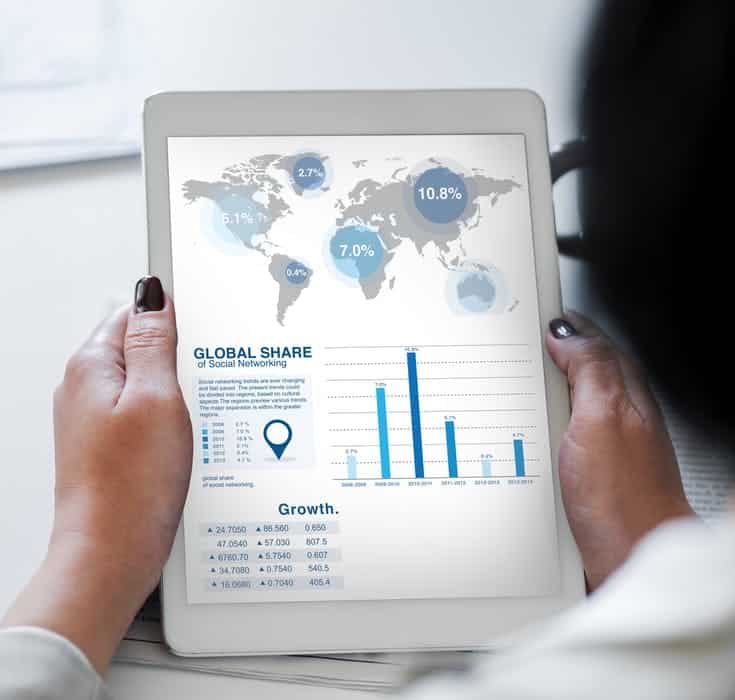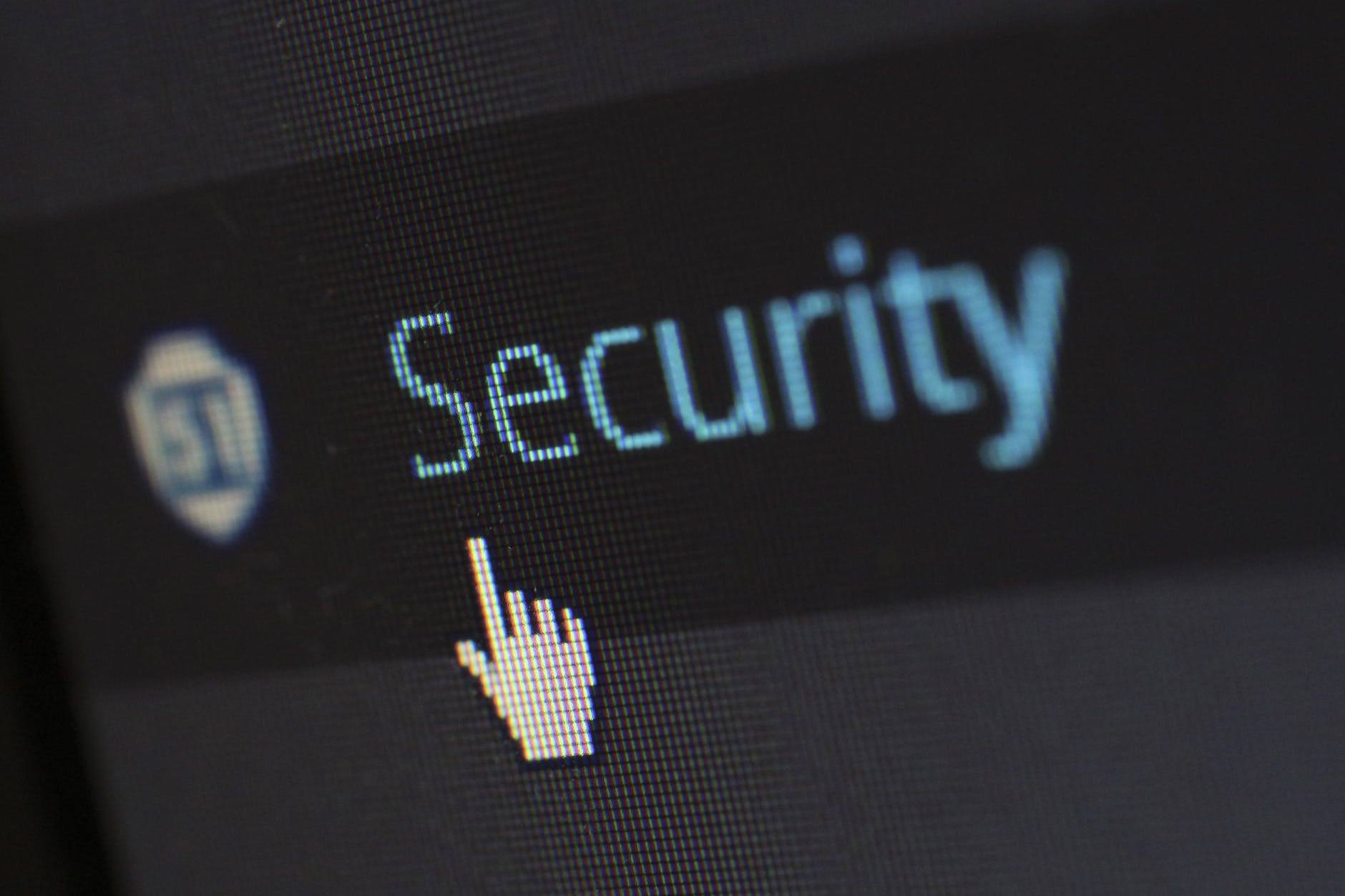Savvy companies understand that leveraging the latest technologies can keep them one, perhaps even several steps, ahead of the competition. The key is to select those technologies that are proven to provide the best return for one’s investment. In this post, we will outline 5 concepts every company will want to consider as they create a comprehensive IT budget that works best for them.
Hire the Experts
The old adage “a company is only as good as its people”, is certainly true when it comes to selecting the right IT professionals to work for a company. Whether an organization decides to hire IT staff that will work in-house, or whether they decide to outsource their IT department, investing in knowledgeable IT staff is a must.
Ensuring Proper Security
One of the ways in which companies can ensure they are hiring the right IT personnel is to determine whether or not these prospective professionals understand just how vital data security is to every single organization. Any prospective IT employee or organization should be the first to initiate a conversation about data security because yes, it’s that important.
IoT
Companies will also want to consider employing some of the many “Internet of Things” technologies that could be a smart addition to their budget. Some companies may have a greater need for IoT than others, but at minimum, every company that operates out of a physical building may want to take advantage of technologies such as:
- Security sensors
- Smart doors
- Smart HVAC control sensors
Moving to the Cloud
Many companies find that moving their IT operations to the cloud is both cost-effective and provides greater flexibility to their employees, as the only thing they need to plug into corporate software is an internet connection. Companies can also easily scale up or scale down their cloud use to better match both their busy and slow seasons. This means paying only for what a company truly needs in terms of IT services.
Leverage Big Data
Being able to analyze and create an overall corporate picture from disparate bits of data can help companies see where they are doing well, and where they need to focus their attention in order to improve. Big data concepts can help organizations accomplish precisely this.
If you would like to know how to select the right technologies in order to maximize your IT budget for the year, please contact us.






